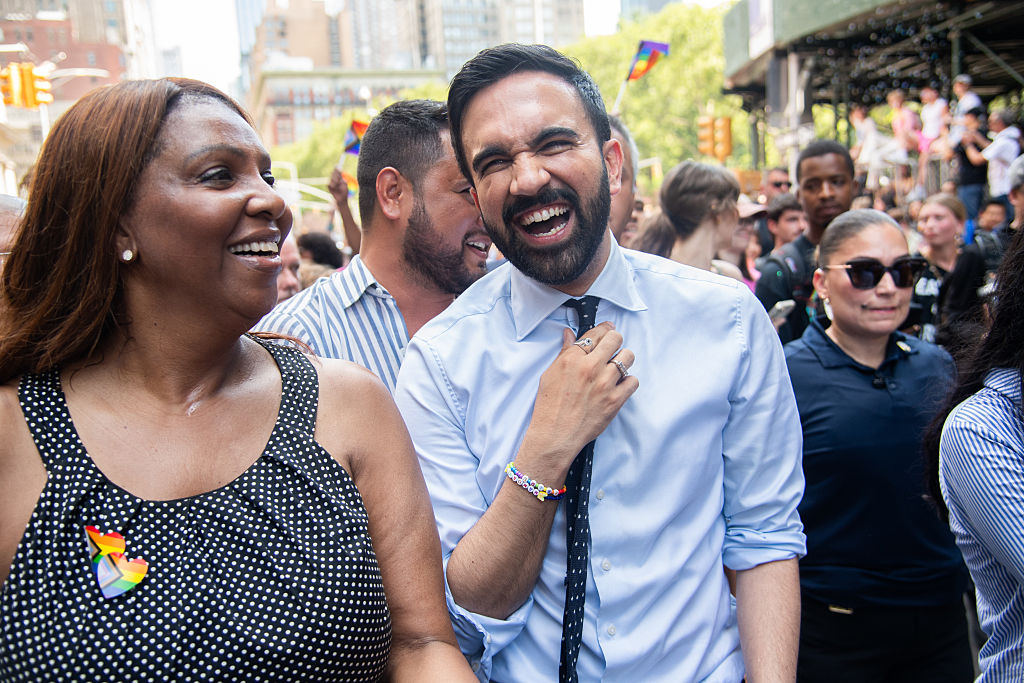Medicaid Does Make A Difference After All
WASHINGTON — Signing up for Medicaid could improve your overall health and financial security, says a surprising new study that offers clues on how President Barack Obama’s health care overhaul might affect millions of low-income uninsured Americans.
The findings run counter to a widespread perception that having a Medicaid card is no better than being uninsured, and maybe even worse.
Led by economists at Harvard and MIT, and released Thursday by the National Bureau of Economic Research, the study found that having Medicaid significantly increased the chances people will perceive their health as being good to excellent, while decreasing the likelihood they’ll have to borrow money or skip paying other bills because of medical expenses.
Medicaid is a federal-state program for low-income and severely disabled people now covering about 60 million Americans. Starting in 2014, it will also pick up about half the more than 30 million uninsured people gaining coverage under the new health care law. Since it pays doctors far less than Medicare and private insurance, some experts have questioned whether Medicaid coverage will translate into medical care that people need.
The study provides a partial answer, but it’s encouraging.
“The bottom line is that Medicaid really matters in people’s lives,” said MIT economist Amy Finkelstein, lead author of the report. “There is a large concern out there about whether Medicaid actually makes a difference, and now we actually have evidence.”
The study looked at 10,000 Oregonians who won a state-sponsored lottery for Medicaid in 2008, and compared them to those who applied but weren’t picked and remained uninsured. The random way that the two groups were selected gives the study a high degree of validity, similar to what’s required for deciding whether or not to approve a new drug.
The study found that people with Medicaid were 70 percent more likely to have a regular medical office or clinic for their basic care, and 55 percent more likely to have a personal doctor. Medicaid enrollees were also more likely to get preventive care, such as mammograms and cholesterol screening.
There was no real difference between the two groups in emergency room use, but people with Medicaid were significantly more likely to use inpatient and outpatient services, as well as prescription drugs.
“It gives important evidence that expanding Medicaid improves access to care and use of preventive services,” said study co-author Katherine Baicker, an economist at the Harvard School of Public Health. “It makes a huge positive difference in the lives of the people who gain access to the program.”
The study used seven distinct measures to try to distinguish differences in health between those on Medicaid and those who remained uninsured. These ranged from screening for depression to asking whether overall health is the same, better or worse over the past six months. People with Medicaid did significantly better on all seven measures.
One reason they might feel better: fewer medical bills sent to a collection agency.
There are some caveats, however.
Adding 10,000 people to the Medicaid rolls in one state involves much less strain on the health care system than bringing in 15 million to 17 million people nationwide in 2014, as the health care law envisions. If there aren’t enough doctors at that time, patients who just gained coverage could have a hard time finding a provider, or face long waits for an appointment.
“One always has to be careful about extrapolating,” said Finkelstein. “But I think it’s the best evidence we have to date.”
RELATED:
9-year-old dies after state of Colorado accidentally cancels his Medicaid coverage















